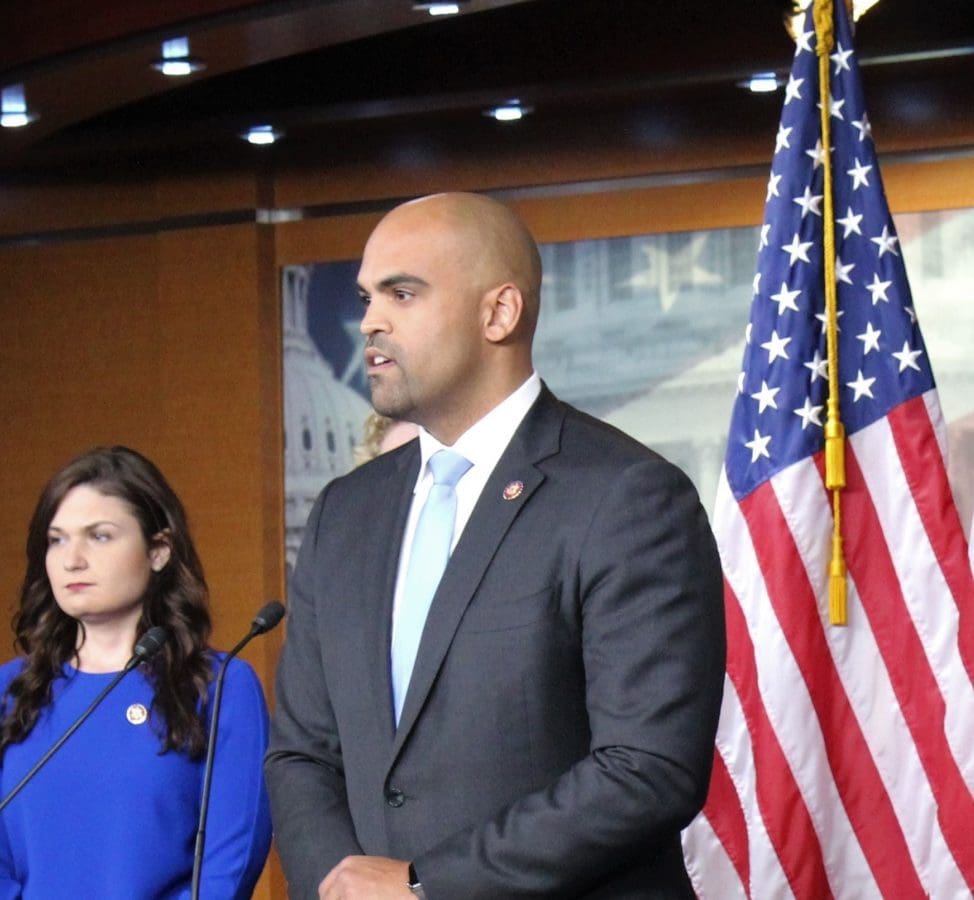Following a U.S. District Court ruling last week that halted Texas from enforcing its new border security measure, the U.S. Fifth Circuit Court of Appeals stayed the lower court’s decision—allowing the law to take effect.
The Supreme Court, however, quickly moved to halt implementation of the law until at least March 13, following an emergency request from the Department of Justice.
Texas had immediately appealed U.S. District Court Judge David Alan Ezra’s ruling Thursday in favor of the federal government.
While a panel of Fifth Circuit judges granted Texas’ request for an administrative stay, they also granted the federal government’s request to stay Texas’ enforcement of the new measure for 7 days, so that federal attorneys could appeal to the U.S. Supreme Court.
The law in question— Senate Bill 4—creates a new state crime for entering Texas illegally and authorizes Texas law enforcement to arrest and prosecute those who cross the border illegally anywhere in Texas.
It was originally set to take effect on March 5.
Gov. Greg Abbott celebrated the original 5th Circuit ruling, posting on X, “Law enforcement officers in Texas are now authorized to arrest & jail any illegal immigrants crossing the border,” but adding, “Obviously this is the case unless the Supreme Court intervenes by March 9.”
“I’m very pleased that the Fifth Circuit Court of Appeals granted a temporary administrative stay blocking the issuance of a temporary injunction issued by a U.S District Court in Austin, Texas, prohibiting the enforcement of SB 4,” State Rep. David Spiller (R-Jacksboro), the House Sponsor for SB 4, told Texas Scorecard. “In my opinion, the preliminary injunction should not have been granted because the DOJ failed to prove that they were likely to succeed on the merits, and that the implementation of SB 4 would have inflicted irreparable harm to the United States – both requisite steps for the issuance of a temporary injunction.”
“I believe SB 4 is completely constitutional because it is not in conflict with the precedent set in the Arizona v. United States case, it’s not preempted by existing federal immigration law, it’s not in conflict with existing federal immigration law, and Texas has the absolute constitutional right, authority and ability to protect and secure its borders and its sovereignty,” added Spiller.
Following the Supreme Court’s move, Attorney General Ken Paxton said, “Unfortunately, our stay was short lived. Onward, I will continue to defend Texas.”





